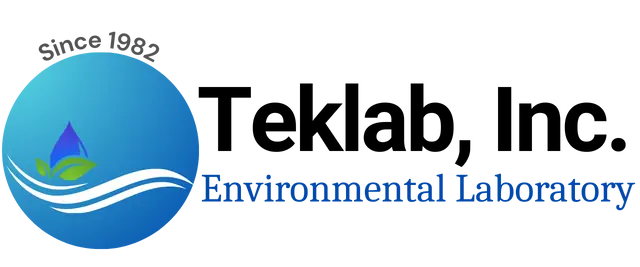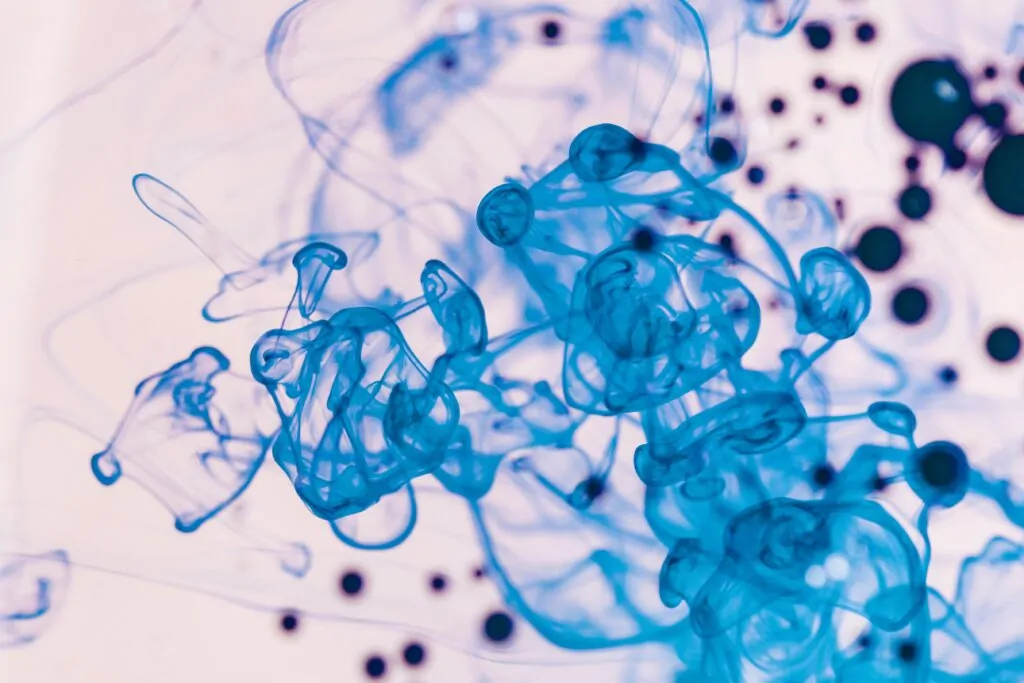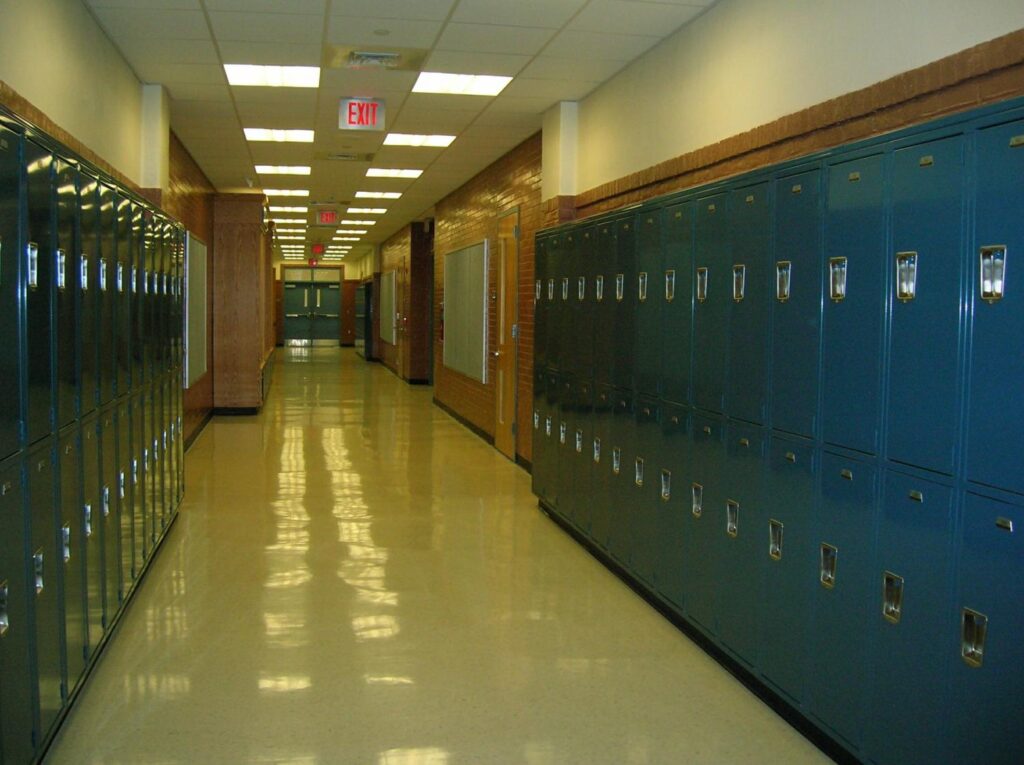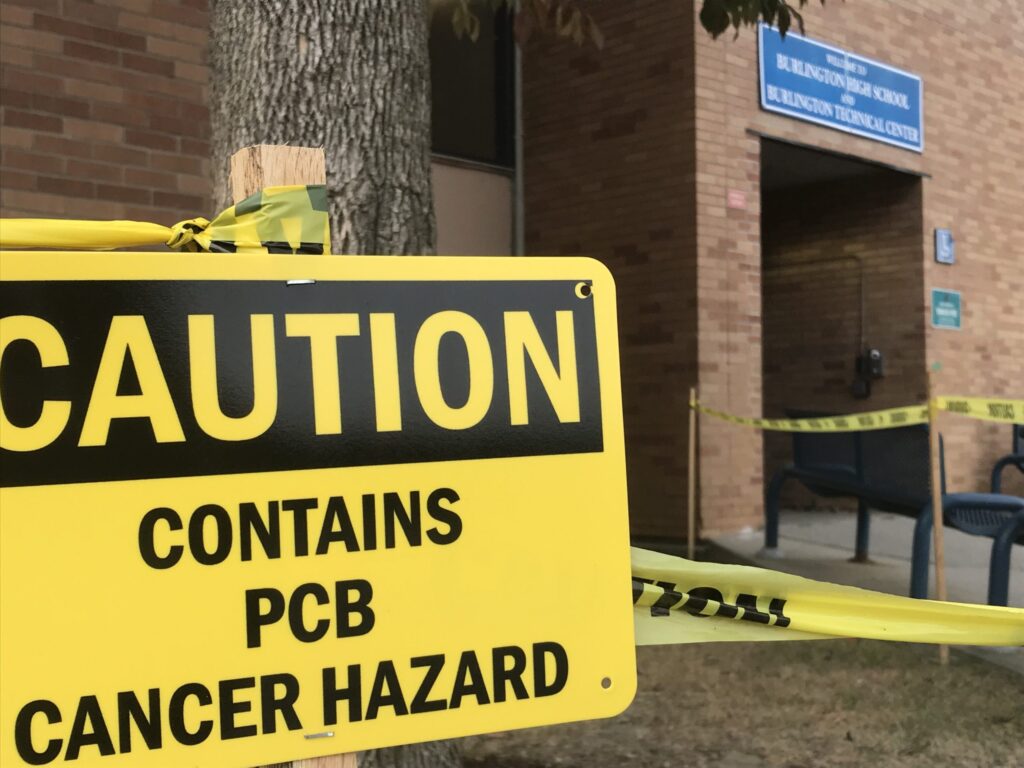EPA Method TO-10a:
Determination of Polychlorinated Biphenyls in Ambient Air
 PCBs were banned in 1979, but many schools built between 1950 and 1980 still contain PCBs. Unfortunately, PCBs can also affect human health and the environment. They also take a very long time to break down in the environment and they can be stored in our bodies for a long time. These older buildings can release PCBs into dust and the surrounding air. It is estimated that between a quarter and a half of the 48,000 schools built or renovated between 1950 and 1979 in the United States may have used materials containing PCBs. (Managing PCBs in Schools. Western States PEHSU fact sheet 2017)
PCBs were banned in 1979, but many schools built between 1950 and 1980 still contain PCBs. Unfortunately, PCBs can also affect human health and the environment. They also take a very long time to break down in the environment and they can be stored in our bodies for a long time. These older buildings can release PCBs into dust and the surrounding air. It is estimated that between a quarter and a half of the 48,000 schools built or renovated between 1950 and 1979 in the United States may have used materials containing PCBs. (Managing PCBs in Schools. Western States PEHSU fact sheet 2017)
Teklab’s LDEQ NELAP certification for TO-10a.
For full details on the EPA/NERL PCB in Schools study; click the link to download PCBs in School Buildings: Sources, Environmental Levels and Exposures.
Regardless of the size of a project involving potentially contaminated building materials, contractors and building owners should be especially aware of the impact of their work in buildings occupied by high-risk populations, such as schools and daycare centers. The information provided is intended solely for guidance and does not replace or supplant the requirements of the Toxic Substances Control Act (TSCA) or the PCB regulations at 40 CFR Part 761. Those responsible for renovation, repair, or abatement activities of potential PCB-containing or PCB-contaminated materials should review and understand the regulatory requirements, and are encouraged to consult the EPA or experienced environmental professionals with PCB cleanup activities.
EPA – PCBs in Building Materials.
At Teklab, our mission is to safeguard the health and well-being of students and educators by providing accurate, reliable, and timely testing of indoor air quality in schools. We specialize in detecting and analyzing Polychlorinated Biphenyls (PCBs) to ensure compliance with EPA standards.
Our dedicated team of experts employs cutting-edge technology and rigorous scientific methods to deliver precise results, empowering school administrators and policymakers to make informed decisions about environmental safety. For many decades we have been committed to:
- Excellence in analytical precision and quality assurance
- Continuous innovation in testing methodologies
- Promoting awareness of indoor air quality issues in educational settings
- Collaborating with schools and regulatory bodies to create healthier learning environments
- Continually improve over time by setting goals and reaching milestones with regards to our own environmental impact
Through our work, we strive to contribute to a future where every student and teacher can breathe easy, knowing their indoor air is safe and meets the highest environmental standards.
Contact our team today to find out how we can help you with testing for PCBs.
Speak with a Project Manager (618) 344 1004 or call us Toll Free (877) 344-1003.



